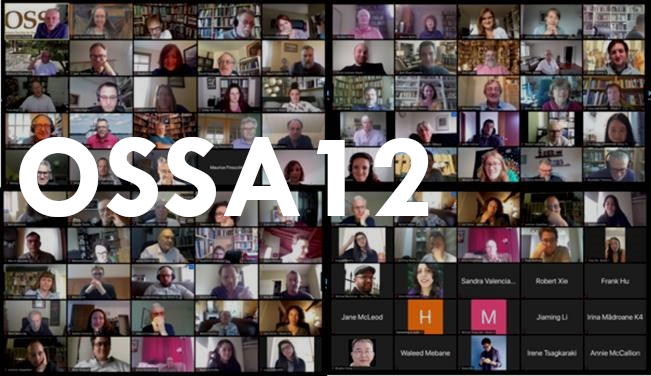Author ORCID Identifier
https://orcid.org/0000-0003-1944-937X
Location
Room 2
Document Type
Paper
Keywords
indigenous cosmovision, proportionality, rights of nature, rights as trumps, spiritual reasoning
Start Date
4-6-2020 9:00 AM
End Date
4-6-2020 10:00 AM
Abstract
In this paper, I ask whether we can weigh and balance indigenous cosmovision—the reasoning used as the main source of legitimacy in some rights of nature legislation—within a secular legal system. I examine three barriers that rights of nature and their corollary spiritual reasoning are likely to encounter if they are invoked in secular courts: (a) spiritual reasoning is non-defeasible (Part 3) and (b) irrational (Part 4), and (3) the current concept of human rights as a universal legal norm is based on a circular logic (Part 5). In order to overcome these barriers, I draw inspiration from Dworkin’s ‘rights as trumps’ thesis and the proportionality principle (5.2), and propose that for rights of nature and their spiritual connotation to be operational in a secular court, we need to create an exception—a meta rule for these legal concepts—and subject them to the proportionality principle.
Reader's Reactions
Andrea G. Sullivan-Clarke, Commentary: Wu’s “Indigenous Cosmovision and Rights of Nature: A Legal Inquiry” (June 2020)
Included in
Environmental Law Commons, Human Rights Law Commons, Law and Philosophy Commons, Philosophy Commons
Rights of Nature and Indigenous Cosmovision: A Fundamental Inquiry
Room 2
In this paper, I ask whether we can weigh and balance indigenous cosmovision—the reasoning used as the main source of legitimacy in some rights of nature legislation—within a secular legal system. I examine three barriers that rights of nature and their corollary spiritual reasoning are likely to encounter if they are invoked in secular courts: (a) spiritual reasoning is non-defeasible (Part 3) and (b) irrational (Part 4), and (3) the current concept of human rights as a universal legal norm is based on a circular logic (Part 5). In order to overcome these barriers, I draw inspiration from Dworkin’s ‘rights as trumps’ thesis and the proportionality principle (5.2), and propose that for rights of nature and their spiritual connotation to be operational in a secular court, we need to create an exception—a meta rule for these legal concepts—and subject them to the proportionality principle.

